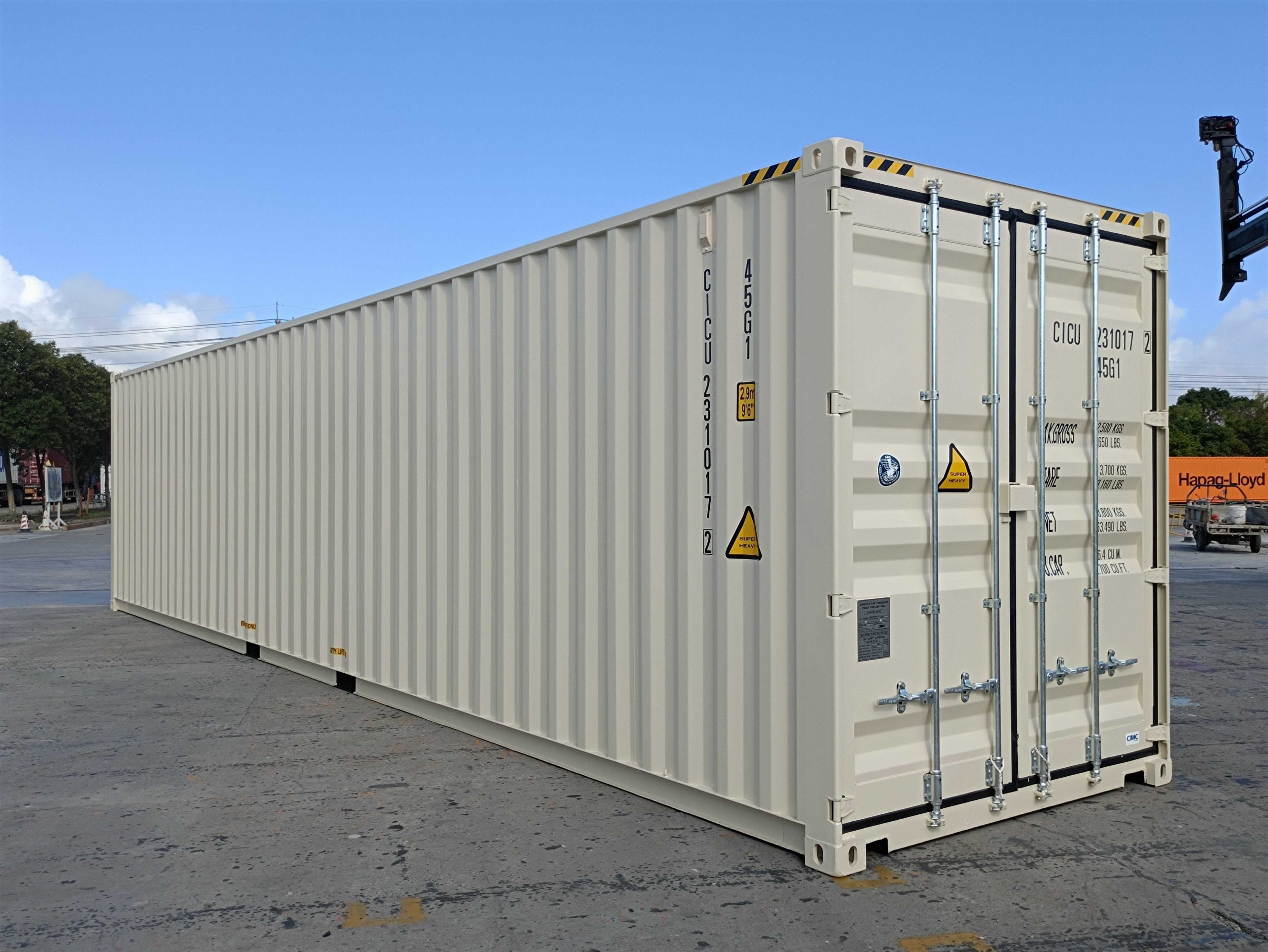The Ultimate Guide to Buying Used Shipping Containers: A Sustainable Investment
In the last few years, the interest in buying used shipping containers has surged, driven by their versatility and sustainability. From innovative housing solutions to storage areas for organizations, these containers use benefits that extend beyond traditional usages. In this guide, we will check out the benefits of acquiring used shipping containers, ideas for discovering high-quality options, and answers to some often asked concerns.
Why Buy Used Shipping Containers?
1. Affordable Solutions
One of the most compelling factors to buy used shipping containers is cost savings. New containers can be quite expensive, often varying from ₤ 3,000 to ₤ 5,000. In contrast, used containers can be acquired at a fraction of that rate, usually between ₤ 1,200 and ₤ 3,000 depending upon their size, condition, and age.
2. Sustainability
Buying used shipping containers is an environmentally friendly choice. Portable Storage Containers that would otherwise contribute to land fill waste, enabling a more sustainable approach to construction and storage.
3. Versatility
Shipping containers can serve a wide variety of purposes:
- Storage Units: Ideal for organizations looking to broaden their storage capability.
- Office Spaces: An affordable solution for temporary or long-term office setups.
- Pop-up Shops or Cafes: Mobile businesses can thrive with transformed containers.
- Residential Homes: Increasingly, individuals are selecting container homes due to their affordability and efficiency.
4. Sturdiness
Developed to withstand extreme marine environments, used shipping containers are extremely durable and weather-resistant. Their steel structure suggests they can endure tough conditions, making them an excellent choice for numerous applications.
Aspects to Consider Before Buying
Before purchasing a used shipping container, potential purchasers should think about several key factors:
| Factor | Description |
|---|---|
| Condition | Examine for any indications of damage, rust, or structural issues. |
| Size | Shipping containers usually are available in 20 and 40 feet lengths, so determine what size fits your requirements. |
| Purpose | Make sure that the container you choose fits your desired purpose, whether for storage, living, or business. |
| Place | Consider the logistics of transferring the container to your desired location. |
| Regulative Compliance | Examine local zoning laws and guidelines to ensure you can position a shipping container on your home or utilize it as intended. |
Where to Buy Used Shipping Containers
Used shipping containers are available from various sources:
1. Container Depots
Container depots frequently sell containers that have been retired from shipping fleets. They might use a choice of used containers in numerous conditions.
2. Online Marketplaces
Websites like eBay, Craigslist, or specialized online container sellers have actually listings for used containers, sometimes at competitive prices.
3. Regional Shipping Companies
Some shipping companies offer their used containers straight to the general public. It might be beneficial to connect to regional businesses associated with shipping or logistics.
4. Auctions
Sometimes, shipping containers turn up for sale at liquidation or auction events, potentially permitting substantial cost savings.
5. Container Brokers
These experts specialize in linking purchasers with sellers and can help navigate the buying process, ensuring a smoother deal.
How to Inspect a Used Shipping Container
When inspecting a used shipping container, think about the following list:
| Inspection Checkpoint | Notes |
|---|---|
| Exterior Condition | Look for dents, rust, and paint condition. |
| Interior Condition | Look for visible indications of damage or mold. |
| Flooring | Make sure that the floor covering is undamaged and stable. |
| Doors and Locks | Examine if doors open efficiently and locks work. |
| Ventilation | Confirm ventilation alternatives if intended for living or storage. |
Prices Overview
Here's a rates table to offer an idea of the expenses related to different kinds of used shipping containers:
| Container Type | Average Price Range |
|---|---|
| Standard 20' Container | ₤ 1,200 - ₤ 2,500 |
| Standard 40' Container | ₤ 2,500 - ₤ 4,000 |
| High Cube 20' Container | ₤ 1,500 - ₤ 3,000 |
| High Cube 40' Container | ₤ 3,000 - ₤ 5,500 |
| Custom Containers | Differs significantly; typically starts at ₤ 3,000 |
Often Asked Questions
Q1: Can I personalize a used shipping container?
Yes, many services provide modification alternatives for used shipping containers, allowing you to include windows, doors, insulation, and more.
Q2: Are used shipping containers safe for residential use?
Typically, yes. However, Portable Storage Containers need to make sure that interiors are appropriately cleaned and any hazardous materials are eliminated. It is always best to seek advice from professionals when making conversions for habitation.
Q3: How much does it cost to provide a used shipping container?
Delivery expenses can differ commonly based on distance and logistics, generally varying from ₤ 100 to ₤ 500. It is necessary to get quotes from transport business before your purchase.
Q4: What can I do if I find damage after the purchase?
If you examine a container and find hidden damages after the purchase, contact the seller right away. Many sellers use a return policy or may cover minor repair work, specifically if you set up the sale through a broker.
Q5: Do I need a permit to put a shipping container on my property?
This extremely depends upon your local zoning laws. Some locations have rigorous regulations concerning where and how shipping containers can be used, so constantly consult regional authorities before proceeding.
Purchasing a used shipping container can be a clever, affordable option for a large range of applications. With mindful consideration and a little bit of research, possible buyers can discover containers that meet their requirements while adding to sustainable practices. Whether it's for storage, ingenious building solutions, or business undertakings, the ideal shipping container can be a valuable investment.

